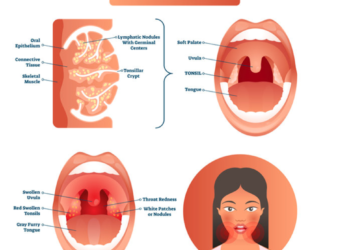It is never easy to lose someone close to you. Whether it’s a parent, spouse, or best friend, the pain associated with bereavement can be overwhelming and sometimes even paralyzing. If you are looking for ways to help yourself cope with the intense feelings that come from mourning someone significant in your life who passed away, this blog post may provide some helpful tips for how you might get through this time.
Mourning a Loved One
Every culture has its social mores, and this is particularly true when a person losses a loved one. Mourning is the outward expression of the grief we feel. It includes ceremonies such as the funeral or cremation, the choice of cremation urns” and add or holding a remembrance service. Mourning allows people to grieve, and it also allows people to pay their respects. However, mourning isn’t just about showing grief or honoring the dead. It can also help comfort the living who must carry on after the death of someone they loved.
What Are You Supposed to Do with the Emotions After the Rituals and Memorials?
Grief is an individual experience, and everyone deals with it differently. We all grieve in different ways and at different times. Not everyone will have all these feelings as they are grieving a loss and you may not even have them all at once. Commonly, people experience strong emotions that can change rapidly.
Disbelief
Immediately after a loss, it is common to feel numb, shocked, or in disbelief that your loved one has passed away. The mind may block out the fact that your loved one is gone. In many cases, you may not accept the loss at all and be caught in denial. You may think that if you cannot see your loved one, then they are not really gone.
Anger
Anger is a very common feeling when people are grieving. Whether the anger is directed at yourself for your loss or at the person who has passed away for leaving you behind, anger can be a difficult emotion to manage. One way to deal with this type of emotion is by doing something physical. Some ways to channel your anger into physical activities would be going to the gym, riding a bike, rowing in a boat, going hiking, lifting weights, or even just punching a pillow could help alleviate some of that negative energy that you’re feeling.
Self-Blame
When someone close to you passes away, it is natural to feel guilty about various things you could have done differently while they were still alive.
Some people choose to see a counselor to help them cope with the loss, while others find solace in faith or spirituality. Some find that talking about their loved one with friends and family helps ease the pain. Other people may find comfort in reminiscing about memories of their loved one as these memories help keep them alive. It is important to understand that everyone deals with death differently, but it is also important to remember that time does heal emotional wounds. As you mourn, it is vital to maintain an active lifestyle and stay socially connected so that you have a support system when you need it most












